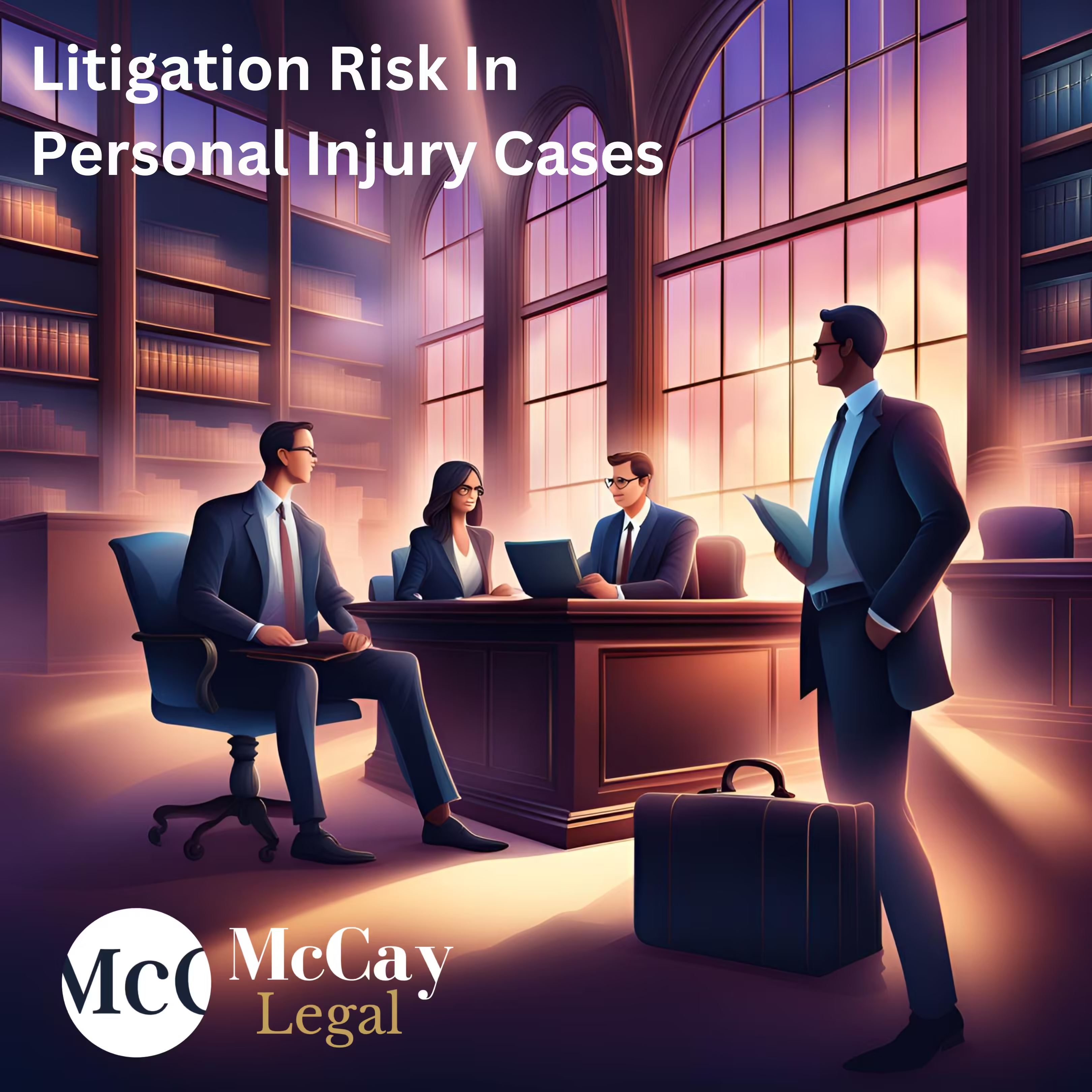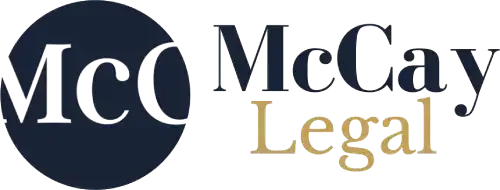
When advising Plaintiffs and Defendants in litigation matters, there is always a strict caveat that if a matter proceeds to a Final Hearing, there is no guarantee of success. This advice is given regardless of whether a case is a 50/50 or extremely strong. When the matter is taken out of the parties’ hands, there are so many variables at play that unexpected outcomes become possible.
We were instructed in relation to a slipping case in 2016 and the matter only concluded earlier this year, over 7 years after the incident date. In summary, the female Plaintiff in the matter attended a local restaurant where she slipped on a wooden floor. As a result, the Plaintiff suffered a considerable wrist injury and attended hospital for treatment.
Although this may appear to be a relatively straightforward set of circumstances, many lawyers will know that such cases should be ran with caution. Indeed, there are a number of factors which a court will consider when determining liability. For example, difficulties will inevitably arise for a Plaintiff when (among other things) they cannot point to what caused the slip, or if a Defendant can illustrate that they had a reasonable system in place for maintaining and inspecting their premises.
In this particular case, having reviewed the evidence at hand, including CCTV footage of the incident, an Accident Report Form, medical evidence and the Defendant’s inspection records, we (along with our counsel) considered that the case had positive prospects of success. Notwithstanding this, the Defendant denied liability from the outset and the matter was listed for a Final Hearing in the County Court. On the morning of the Hearing, the Defendant offered a global sum to resolve the matter, however no resolution was reached and the matter proceeded to Hearing.
As alluded to above, things can change during a Hearing and our initial positivity was impacted quickly. After the Judge reviewed the CCTV footage of the incident and the Plaintiff gave oral evidence, the Defendant’s counsel made an Application for the Judge to dismiss the case. Despite our counsel’s best efforts to defend the Defendant’s Application, the Plaintiff’s case was struck out. Ultimately, the County Court Judge was not persuaded by the Plaintiff’s evidence in relation to the incident.
Notwithstanding the issues raised by the County Court Judge, the Plaintiff wanted an opportunity to at least test the Defendant’s evidence in the case, therefore an Appeal was lodged with the High Court. Again, lawyers will be aware that when a matter is taken to the High Court, the stakes are raised considerably, and any failure could have significant financial repercussions for the losing party.
The High Court Hearing commenced with the Judge reviewing the CCTV footage of the incident and hearing oral evidence from the Plaintiff. However, on this occasion the Judge interjected at various intervals to raise questions regarding the Defendant’s evidence, including the veracity of the Defendant’s inspection Defence. The Judge also raised various concerns following a review of the CCTV footage and the documentary evidence provided in the Hearing bundle. The Defendant’s counsel repeatedly attempted to allay the Judge’s concerns, however the Judge appeared unsatisfied.
The case was then briefly adjourned before the Plaintiff’s engineer was due to give oral evidence. At this juncture, the Judge’s comments were obviously a concern as the matter resolved in favour of the Plaintiff following a discussion between counsel. The Defendant agreed to pay the Plaintiff a sum of damages in addition to her total legal costs and outlay.
In conclusion, this case is a prime example of the uncertainty involved when litigated matters reach a Final Hearing. In addition to the legal hurdles that must be navigated, there can be a level of subjectivity involved which can be unpredictable. In this case, the Plaintiff went from emphatic failure in the County Court in having her case dismissed at the midway point, to success in the High Court by securing a positive settlement.
Written By Aaron Mullen, Associate Director
If you would like to arrange a consultation with Aaron or a member of the McCay Legal team, please give us a call on 02871 371705 or email aaron@mccay.legal.

